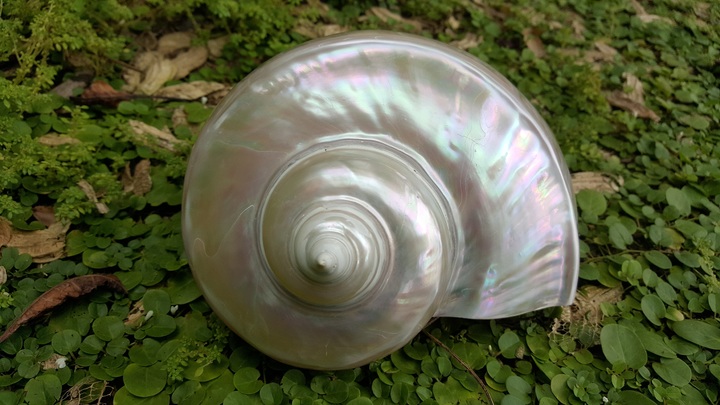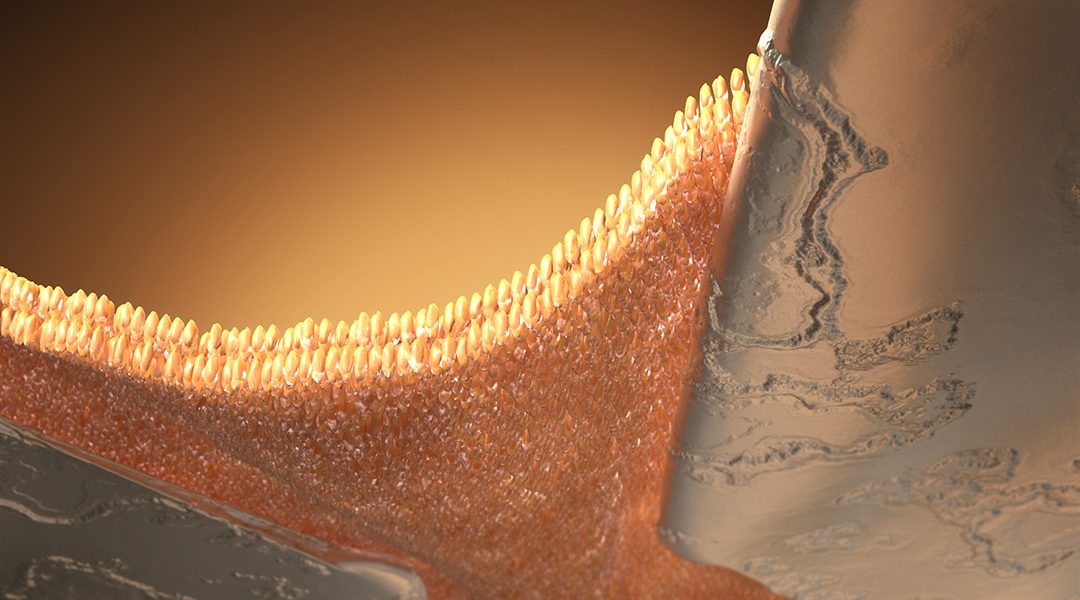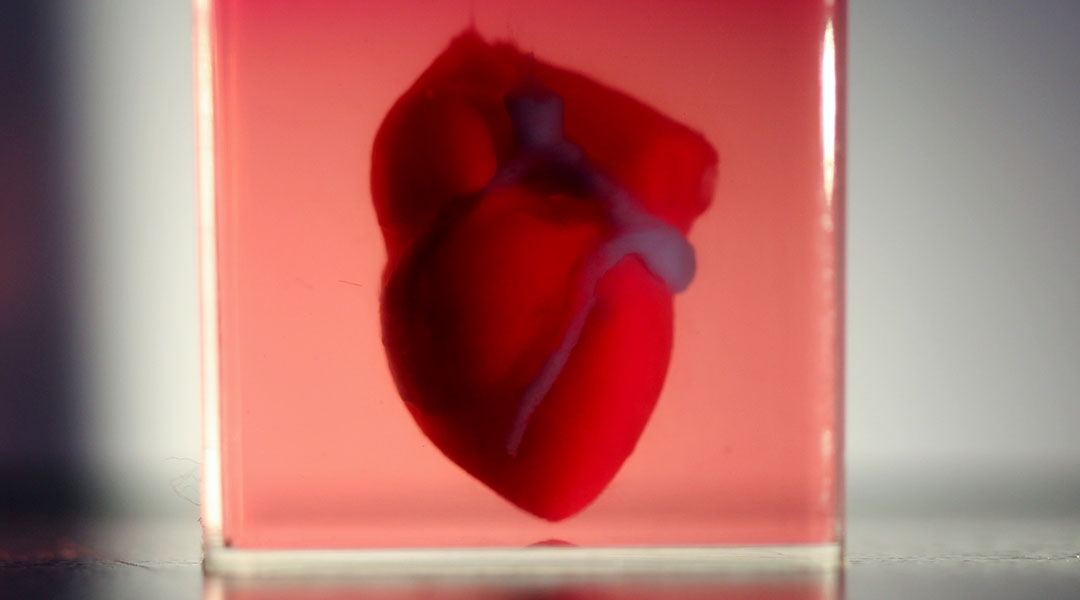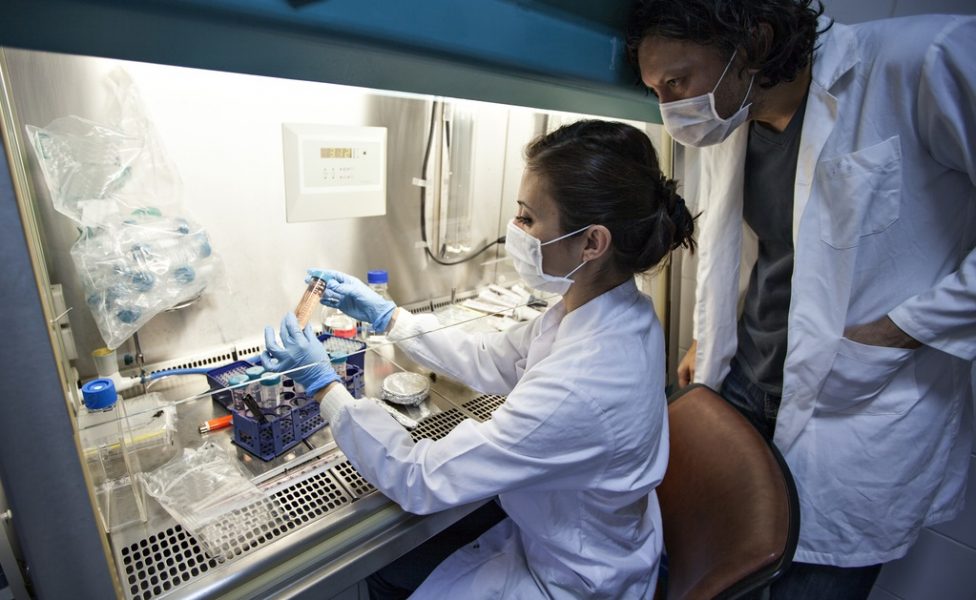Using cellulose-based fibers and nanotechnology to remove arsenic from drinking water.


Using cellulose-based fibers and nanotechnology to remove arsenic from drinking water.

A new process for making biomimetic materials.

A solar cell that makes its own storable fuel.

Why do some crucial scientific discoveries get left out of the canon?

So far, when analyzing new semiconducting materials supporting substrates distort the measurements. Now, scientists developed freely suspended ultrathin organic semiconductor films.
Harnessing an individual’s immune cells to mediate antitumor and antiviral responses is a life‐saving option for some patients with otherwise intractable forms of cancer and infectious disease.

Israeli scientists have engineered a heart that completely matches the cellular and anatomical properties of the patient.
Fresh waters are plural and valued variously, in ways that bear critical‐constructive decolonial scrutiny in the twenty‐first century.

A team of researchers from Ireland report on the mechanisms of how atmospheric cold plasma (APC) improves the germination of seeds.

A team of researchers from China combined AC and SERS technologies to develop a novel method for urinary modified nucleoside detection as a tool for cancer screening.